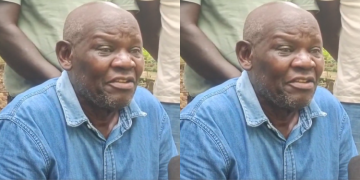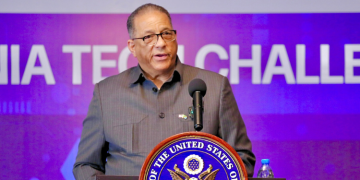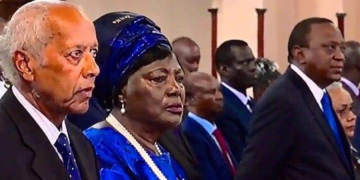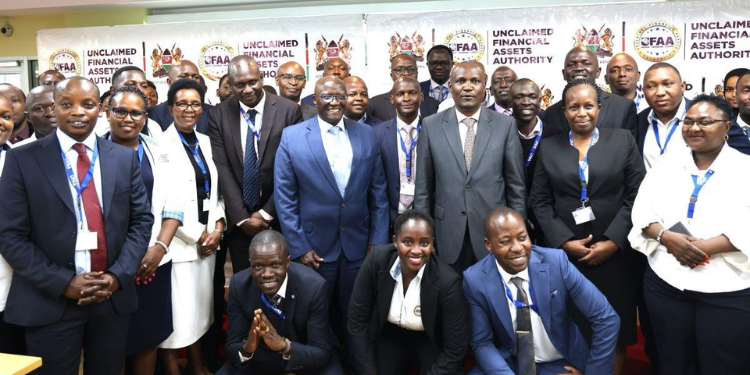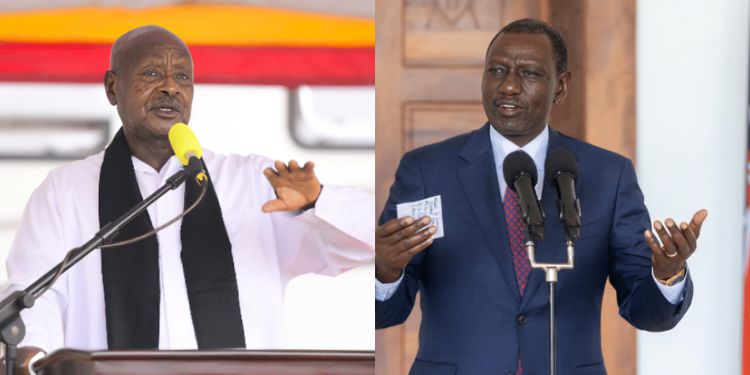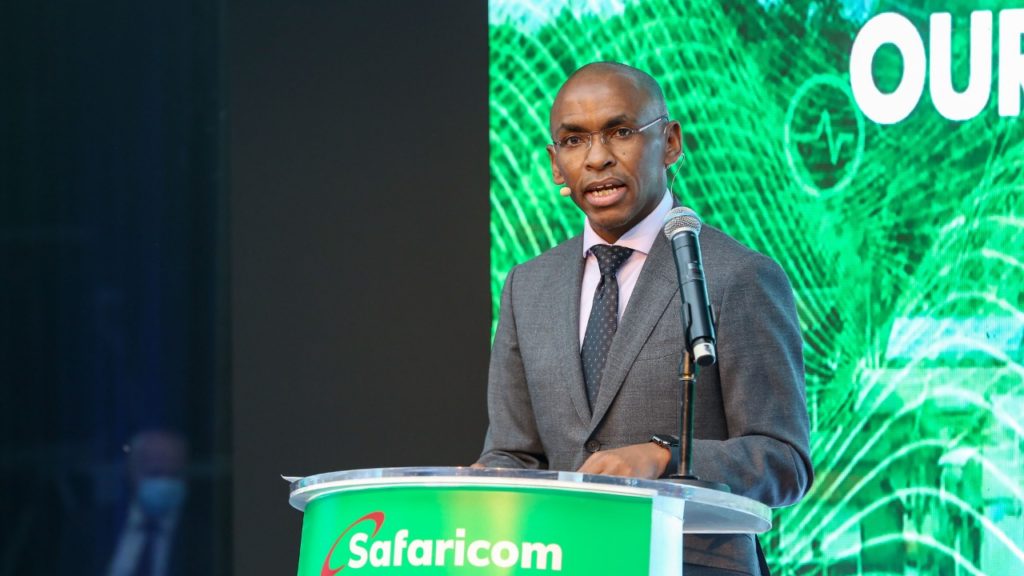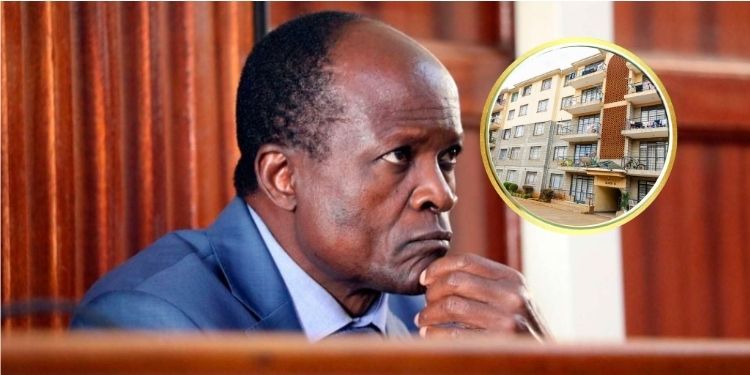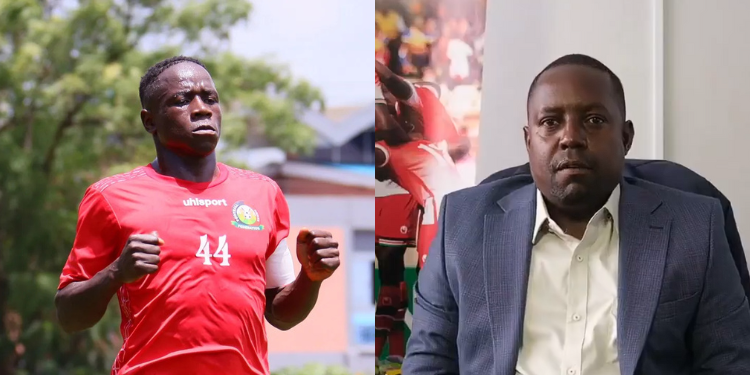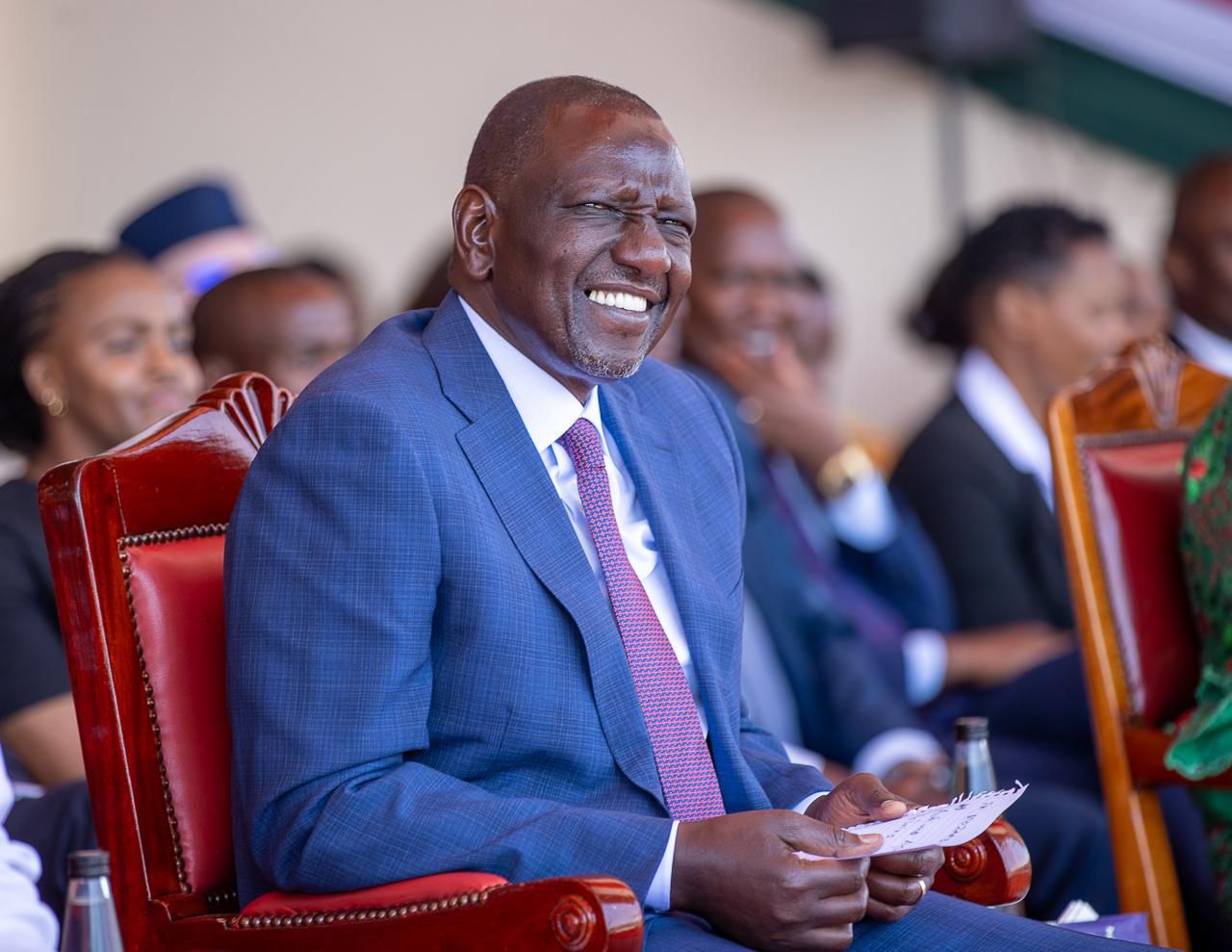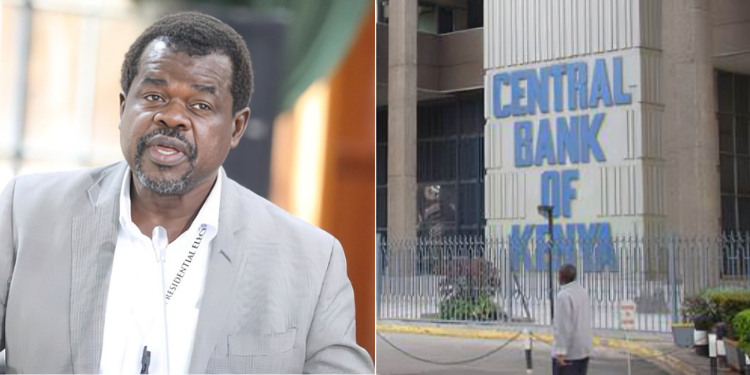The Central Bank of Kenya (CBK) has joined a constitutional petition challenging Kenya’s allegedly illegal public debt, describing the matter as one of “substantial public importance.”
The CBK, named as the 19th respondent in Petition No. E216 of 2025, filed its grounds in support of a request by civil activist and senator Okiya Omtatah and eight other petitioners for the empanelment of a multi-judge bench to hear the case under Article 165(4) of the Constitution.
The petition targets past and present government officials, including former President Uhuru Kenyatta and multiple senior Treasury and budget officials, over what is being described as “odious debt”, public borrowing undertaken in breach of the Constitution.
“The Central Bank of Kenya has officially backed our petition,” Omtatah said in a statement. “This is a monumental step in the fight for justice, accountability and economic liberation for Kenyans.”
CBK on Kenya’s Debt Audit
In its court filing, CBK argues that the petition raises serious constitutional questions involving the interpretation and potential violation of more than a dozen constitutional provisions, including Articles 206, 211, 214, and 228, which govern public finance, debt management, and accountability mechanisms.
Also Read: CBK Announces Banks with Lowest Loan Interest Rates
The CBK further emphasized the petition’s relevance to Kenya’s economic future, stating that the legality and structure of the nation’s public debt portfolio has direct implications for economic stability and the realization of socio-economic rights for current and future generations.
CBK also raised issues on the unresolved constitutional and statutory conflicts surrounding Kenya’s debt framework and the need for a collective judicial approach to ensure impartial, considered, and unimpeachable jurisprudence.
It also emphasized on the public’s right to accountability over public finance decisions that may have long-term consequences.
Omtatah on Kenya’s Debt
The petition seeks to examine the legitimacy of loans acquired under multiple administrations, and whether officials involved in approving and managing the debt violated constitutional safeguards.
In addition, the petitioners are pushing for some of these debts to be declared illegitimate and potentially voided.
The case has drawn broad attention both locally and internationally, with several public interest organizations, including the Law Society of Kenya, Transparency International, and the Kenya Debt Abolition Network, listed as interested parties.
If the empanelment is granted, the petition could open a historic judicial review into Kenya’s financial governance and borrowing practices, possibly setting a precedent for debt accountability across Africa.
Also Read: Tanzania Shuts Down Church After Bishop Criticized Samia Suluhu
Kenya’s Debt Audit
Omtatah had accused the Kenyan government of using the country’s public debt audit as a political maneuver to stall reforms and avoid transparency.
In a statement on Thursday, May 8, Omtatah criticized the state’s response to a public debt petition, calling it a deliberate attempt to shield the truth and stall real accountability.
“The government’s response to our public debt petition is not about transparency,” Omtatah said. “It’s about shielding the truth and stalling real accountability.”
According to Omtatah, the government had announced that the Auditor General will conduct a comprehensive audit of public debt spanning from 1965 to 2024.
He dismissed the move as a “smokescreen,” arguing that the law already requires annual audits that have not been disclosed.
“The Constitution, Article 229(4)(g), mandates the Auditor General to audit and report on public debt every financial year and submit those reports within six months after the financial year ends,” he stated.
Follow our WhatsApp Channel and X Account for real-time news updates.






